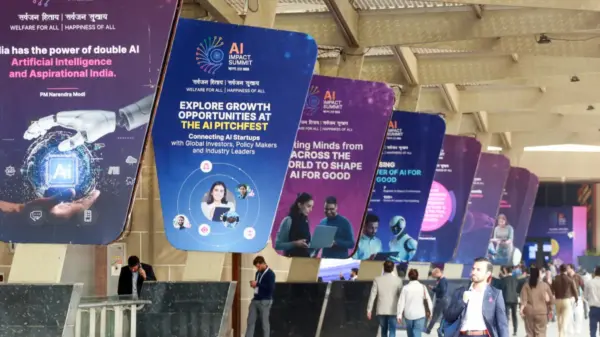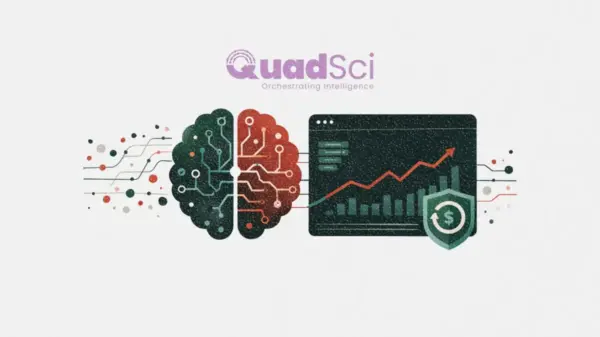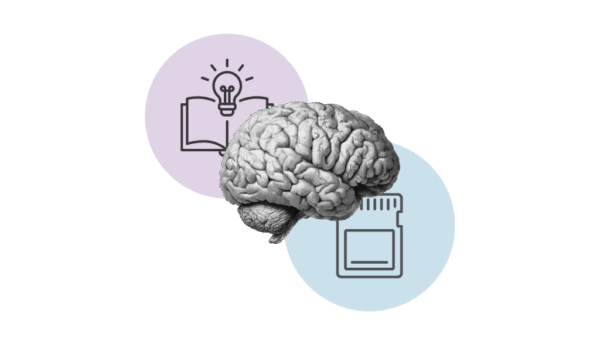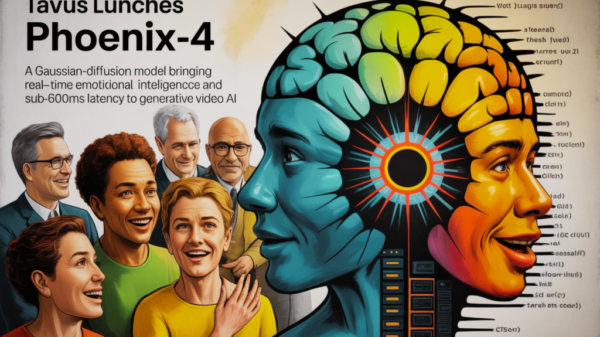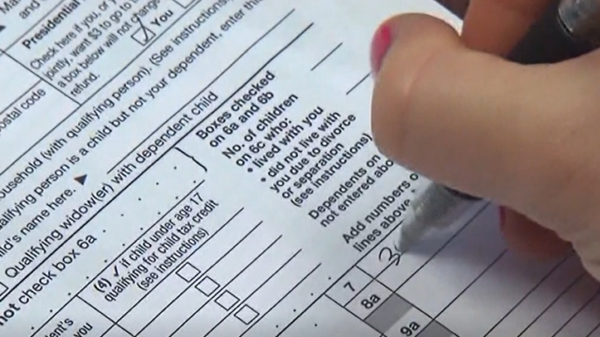As concerns surrounding the potential job losses due to artificial intelligence (AI) intensify, a promising solution is gaining traction among both Americans and Canadians: equipping the workforce with the necessary skills to navigate the evolving job landscape. A recent multiyear study, featured in Foreign Affairs, indicates widespread support for government-led retraining and reskilling initiatives to mitigate AI-related job displacement.
The study, conducted by Beatrice Magistro, an assistant professor of AI governance at Northeastern University, along with her colleagues, involved surveying 6,000 adults in the U.S. and Canada. Participants were presented with varying economic disruption scenarios—either stemming from AI adoption or offshoring—and asked to evaluate a range of policy responses. The findings reveal a clear preference for workforce retraining across political affiliations, with this approach significantly outpacing other suggested remedies.
“We aimed to explore public attitudes toward generative AI and its political ramifications,” Magistro stated. The results showed that regardless of political alignment, respondents from both nations favored retraining as the most effective policy response. Following that, enhanced regulatory oversight and expanded safety nets also garnered considerable support.
The Case for Worker Retraining
Support for retraining programs is on the rise, as evidence suggests they can enhance earnings for displaced workers venturing into new career paths. These programs encompass a broad spectrum of offerings, from self-guided learning and free online resources to formal online degree programs and employer-sponsored boot camps.
Alicia Modestino, an associate professor of public policy and urban affairs at Northeastern, emphasized the urgency of continuous skill adaptation in today’s rapidly changing job market. “The necessity to remain relevant in the labor market has always hinged on reskilling, and AI accelerates this need even further compared to prior technological disruptions, such as the advent of personal computers or the internet,” she noted. She also highlighted the role of apprenticeships, co-ops, and other subsidized educational opportunities in nurturing future talent pipelines.
However, the study highlights that not all sectors are equally susceptible to AI-driven job losses. Fields such as healthcare, skilled trades, management, and emergency services are less likely to face immediate threats from automation compared to sectors like legal services and media.
Public Sentiment on AI
The survey further categorized respondents into two distinct groups based on their attitudes toward AI: “complementers” and “substituters.” Complementers view AI as a tool that can enhance human capabilities, foster new job creation, and lead to improved economic conditions, while substituters hold a more pessimistic outlook, fearing AI will replace human workers and exacerbate economic challenges.
“Interestingly, these two groups express divergent policy preferences,” Magistro explained. Complementers are generally inclined to support reskilling initiatives, educational programs, or social insurance, whereas substituters tend to advocate for immigration restrictions and measures like robot taxes, which penalize businesses that replace human labor.
While complementers typically align with liberal ideologies, substituters skew conservative. Nevertheless, Magistro noted that public attitudes toward AI remain fluid, suggesting potential shifts as discussions evolve and new information emerges.
The debate surrounding AI is not confined to partisan lines. Recent research from the Civic Health and Institutions Project (CHIP50) indicates that views on AI regulation diverge from traditional political divides, reflecting a broad spectrum of concerns regarding workplace disruption.
As the administration seeks to amplify investments in AI technology, the role of public sentiment in shaping policy and regulatory frameworks becomes increasingly pivotal. With the stakes so high, understanding and addressing these attitudes may prove essential as we move into an AI-enhanced future.
See also Canadian Government Tests AI Chatbot to Address 4,000 Daily Website Complaints
Canadian Government Tests AI Chatbot to Address 4,000 Daily Website Complaints Promptbox Submits AI Solutions for Government at DISA Industry Day 2026
Promptbox Submits AI Solutions for Government at DISA Industry Day 2026 Nikkei 225 Falls 2.3% Amid US Tech Stock Concerns Over AI Valuations
Nikkei 225 Falls 2.3% Amid US Tech Stock Concerns Over AI Valuations South Wales Becomes UK’s Latest AI Growth Zone, Promises Thousands of New Jobs
South Wales Becomes UK’s Latest AI Growth Zone, Promises Thousands of New Jobs YouTube Partners with Indian Institutes to Enhance AI Training for 63% of Creators
YouTube Partners with Indian Institutes to Enhance AI Training for 63% of Creators















